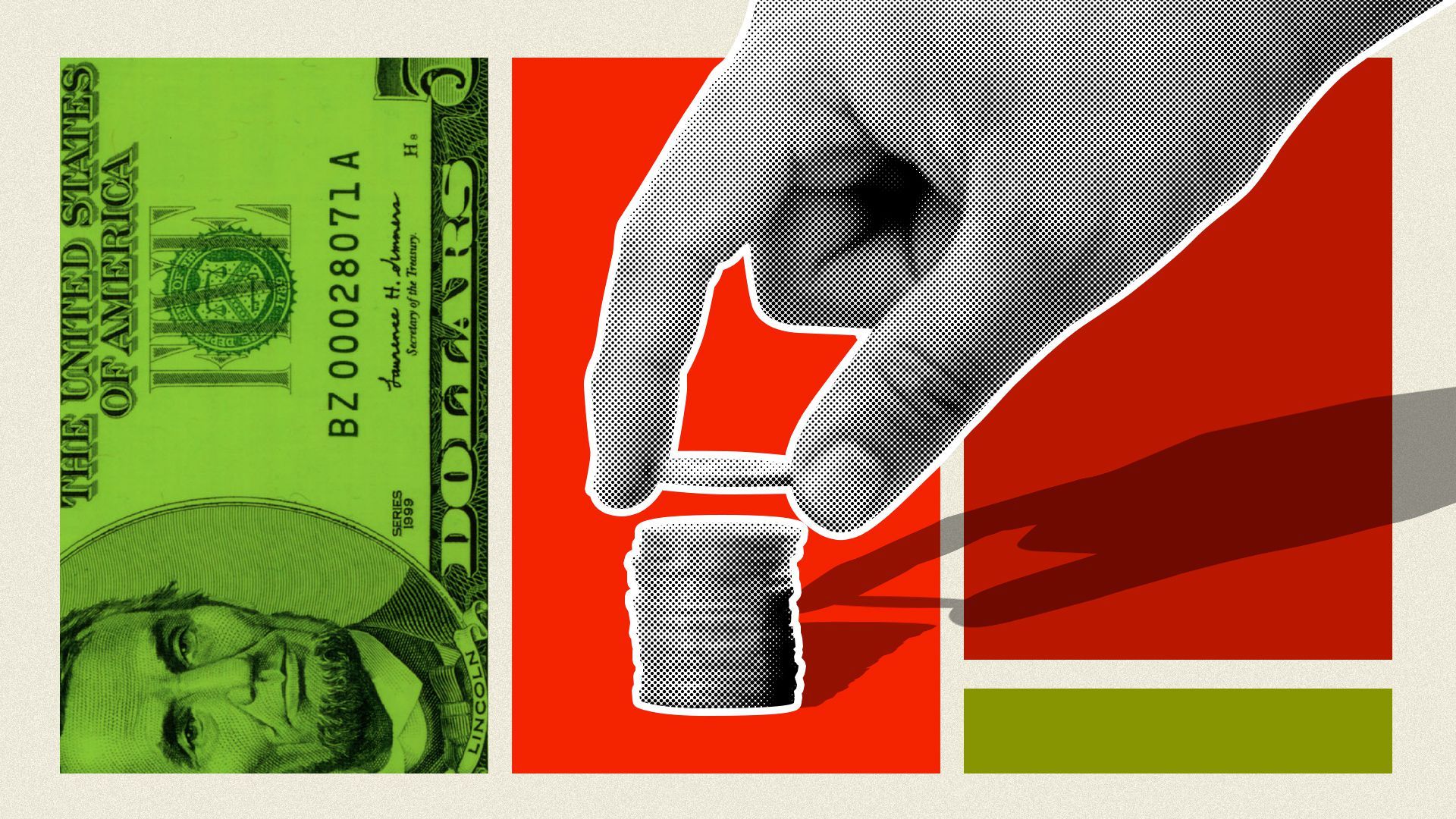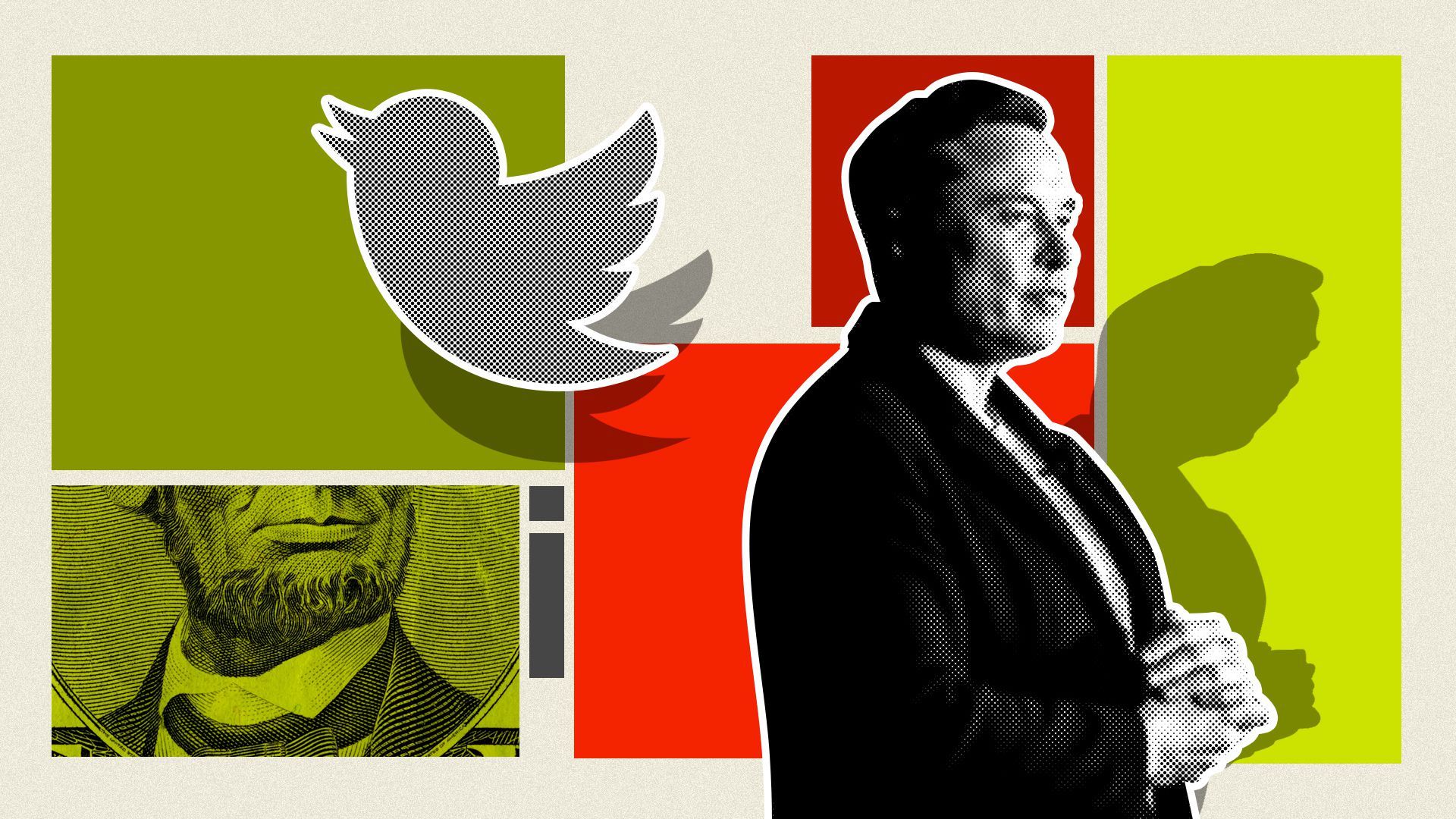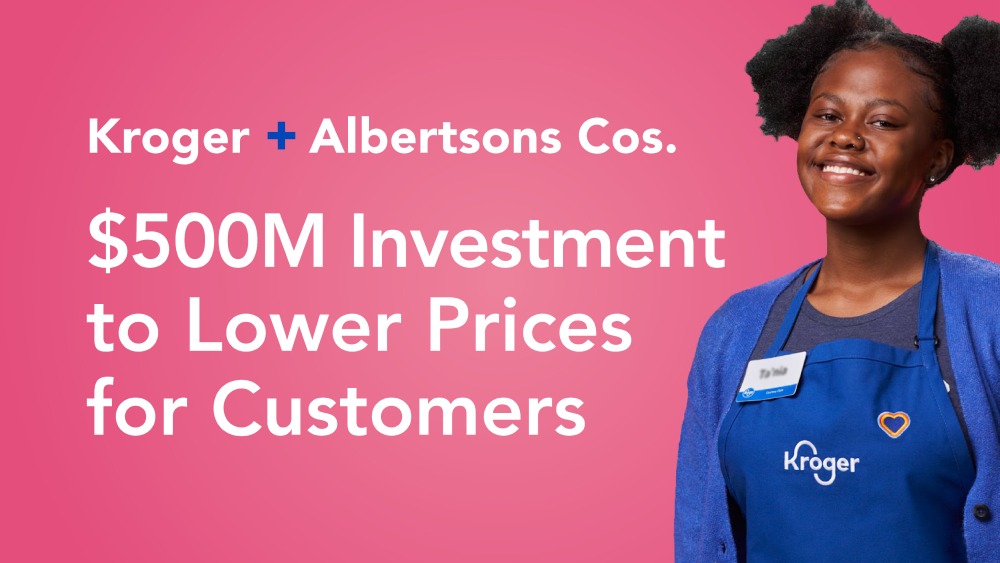| | | | | | | Presented By Kroger and Albertsons Companies | | | | Axios Pro Rata | | By Kia Kokalitcheva · Dec 17, 2022 | | Welcome to the last weekend edition of 2022! And as such, I'm taking a look at some of the biggest stories of 2022 and how they've panned out. - 👋 Reminder: Feel free to send me tips or comments by replying to this email or on Twitter @imkialikethecar.
Today's Smart Brevity™ count is 1,072 words, a 4-minute read. | | | | | | 1 big thing: The market downturn aftermath |  | | | Illustration: Annelise Capossela/Axios | | | | Last year was a record success for venture-land — from initial public offerings to returns, but that quickly started to change in early 2022. And it hasn't gotten better. Why it matters: Investors' outlook for next year is... not rosy. Flashback: 2021 ended with record (at the time) venture fundraising and record investment in startups, along with a bumper year for IPOs and venture returns, the likes of which hadn't been seen since the dot-com days. - But even by the end of Q1 of this year, things had started to turn, with venture deals already slumping.
State of play: Throughout the year we examined the effects (or potential future effects) of the downturn: - Seed deals: As predicted, by summertime U.S. seed deals had dropped, though valuations seemed to still hold, even in Q3. Still, anecdotally, some VCs are not upbeat about the past year's deals.
- Mergers and acquisitions: With available venture capital shrinking over the past year, we did see companies turn to acquisitions as an alternative, to stay alive and chart a more stable course for the future. Still, even M&A wasn't immune to the broader market rout, with activity dipping from 2021's highs.
- IPOs: As Dan Primack wrote earlier this week, "2022 will go down as the worst year for U.S. IPOs since 1990," with proceeds down 95% from last year and at least 50% lower than any year in the last three decades. The global picture is a bit better, and Middle East IPOs became the surprise bright spot of the year.
- SPACs: The pandemic-era mania over special purpose acquisition companies is certainly over. Even many of the VCs who ventured into SPACs have retreated. But there are still quiet murmurs underneath the surface, with a small number of deals getting announced (and even closing).
Between the lines: Everything that goes up must come down, and the pandemic era's stratospheric markets were no exception. The bottom line: The post-bull market recalibration isn't over — and we'll continue to chronicle it right here. |     | | | | | | 2. Crypto's unbelievable year |  | | | Illustration: Aïda Amer/Axios | | | | The crypto market's brutal downturn this year made clear it was headed for another "winter" — but FTX's spectacular implosion in the last several weeks wasn't on anyone's Bingo card. Why it matters: Just six months ago, FTX and CEO Sam Bankman-Fried (also known as SBF), were heralded at the industry's saviors for diving in to rescue some sinking ships. Flashback: In the early months of 2022, crypto was still flying high, with a number of mega-size venture funds getting announced. Much of the industry was still upbeat about its endeavor to reinvent the web, among other things. Yes, but: By the spring, the market started to turn, and a string of insolvencies within weeks should have been an omen for what was to come. - At the time, SBF stepped in to save some of these failing crypto businesses, earning himself comparisons to J.P. Morgan and Warren Buffett.
Fast-forward: Just this week, Bankman-Fried was arrested in the Bahamas following an indictment by a U.S. grand jury for a litany of crimes — not to mention getting charged by the Securities and Exchange Commission and the Commodity Futures Trading Commission as well. - Meanwhile, FTX continues to slowly work its way through bankruptcy proceedings. It's still unclear how much of the $8 billion missing customer funds will ever be recovered.
Moreover, a number of companies and investors have found themselves in financial — and reputational — trouble, thanks to their entanglements with FTX. - Digital Currency Group had to reassure investors of its business health, after subsidiary Genesis took a hit from the FTX fiasco, for example. Meanwhile, a number of companies that struck naming rights deals with FTX had to reverse course.
- Legendary venture firm Sequoia Capital found itself with egg on its face (along with a slew of other top investors like Paradigm Capital, Insight Partners and Thoma Bravo) and wrote off its entire $213.5 million investment.
What's next: FTX and Bankman-Fried's court battles are only just beginning (and we'll be keeping you updated as they unfold). - The rest of the crypto industry is grappling with how to shake off the dark cloud over the industry and keep forging ahead amid the industry winter.
|     | | | | | | 3. Agonizing merger |  | | | Photo illustration: Aïda Amer/Axios. Photo: Jonathan Newton/The Washington Post via Getty Images | | | | The saga of whether Elon Musk would end up buying Twitter felt like a never-ending roller-coaster ride — and even post-acquisition, the story's far from over. Why it matters: What started seemingly as a lark turned into arguably the most-watched merger court battle in history. Flashback: After revealing that he had amassed a 9.2% ownership stake in the social media company in April, Musk offered to buy Twitter for $44 billion, which it eventually accepted. - Yet, by mid-May, he was already complaining about allegedly undisclosed levels of spam bots, and tried to back out of the deal.
- And it didn't take long for Twitter to take him to court in Delaware to force the merger. (As we know, Twitter ultimately prevailed, with Musk agreeing to close the deal just days before the scheduled trial.)
State of play: Musk has officially owned the company for seven weeks now, and his changes have been swift and dramatic. - So far, he's let go of thousands of Twitter's employees via a series of cuts.
- He's also signaled that he wants to lean harder into subscription revenue, starting with his messy endeavor to change Twitter Blue and account verifications.
Between the lines: Musk is on the hook for $1 billion in annual interest payments from the loans financing the acquisition — and it's not hard to see the pressure to squeeze out as much cash from the company in every decision he's made so far. - This includes the aggressive layoffs and other cost-cutting moves (including reportedly not paying certain vendors and office landlords), the hope that making account verification a paid feature will get users to pay, and his maladroit attempts at getting advertisers to stick around and up their spend.
The big question: Whether he's able to right the ship, eventually. |     | | | | | | A message from Kroger and Albertsons Companies | | Serving America with fresher food, faster | | |  | | | | With Albertsons Cos., we will provide customers nationwide: - A wider selection of Our Brands products to save without compromising on quality.
- An even more seamless and personalized shopping experience.
- Additional savings on products they love.
| | | | | | 📚 Due Diligence | - The huge risks embedded in the cryptoverse (Axios)
- The curious case of 2022's venture fundraising (Axios)
- Elon Musk's team is seeking new investors for Twitter (Semafor)
|     | | | | | | 🧩 Trivia | | In lieu of trivia this week, send me your predictions, wishes and fantasies for 2023! |     | | | | | | 🧮 Final Numbers |  Data: Yahoo! Finance; Chart: Axios Visuals |     | | | | | | A message from Kroger and Albertsons Companies | | Creating a competitive alternative to large, non-union retailers | | |  | | | | Kroger is proud to operate union grocery stores. With Albertsons Cos., we will secure the long-term future of union jobs. - Kroger has grown our unionized workforce by 100K+ since 2012.
- We expect to invest $1 billion in wages and comprehensive benefits for a best-in-class associate experience.
| | | | 🙏 Thanks for reading all year! And to Javier E. David and Amy Stern for editing. See you on Monday for Pro Rata's weekday programming, and please ask your friends, colleagues and neighbors to sign up. |  | | Your personal deals analyst is here. | | | | | | Axios thanks our partners for supporting our newsletters. If you're interested in advertising, learn more here.
Sponsorship has no influence on editorial content. Axios, 3100 Clarendon Blvd, Arlington VA 22201 | | | You received this email because you signed up for newsletters from Axios.
Change your preferences or unsubscribe here. | | | Was this email forwarded to you?
Sign up now to get Axios in your inbox. | | | | Follow Axios on social media:    | | | | | |









No comments:
Post a Comment